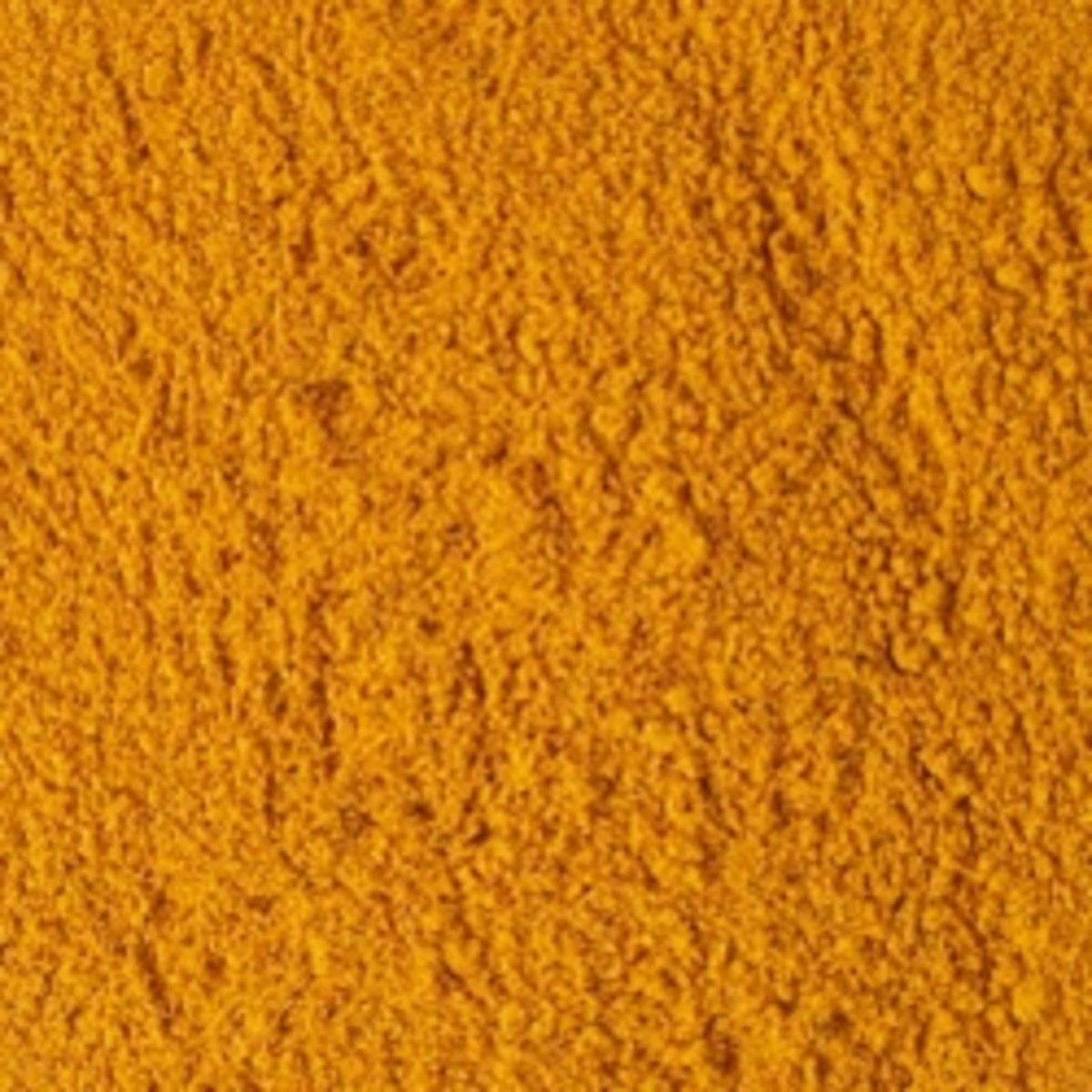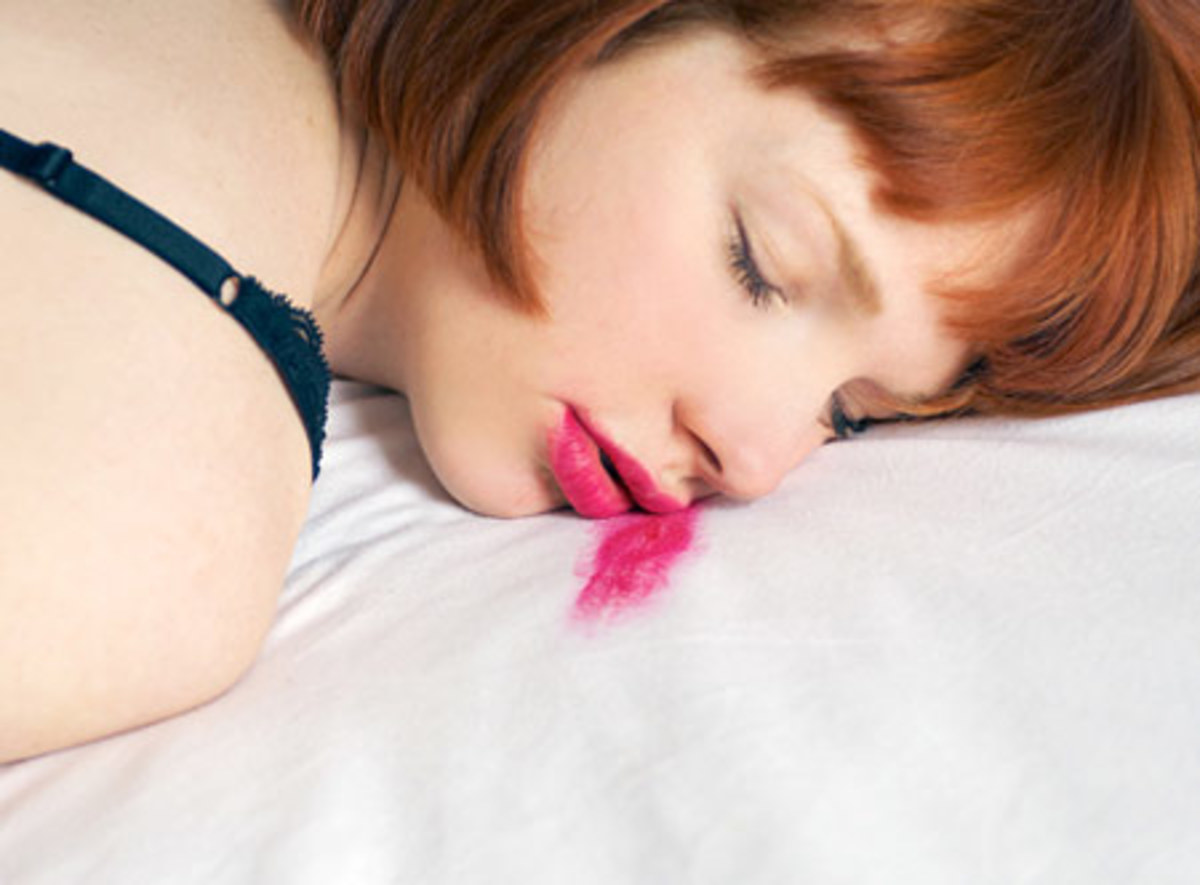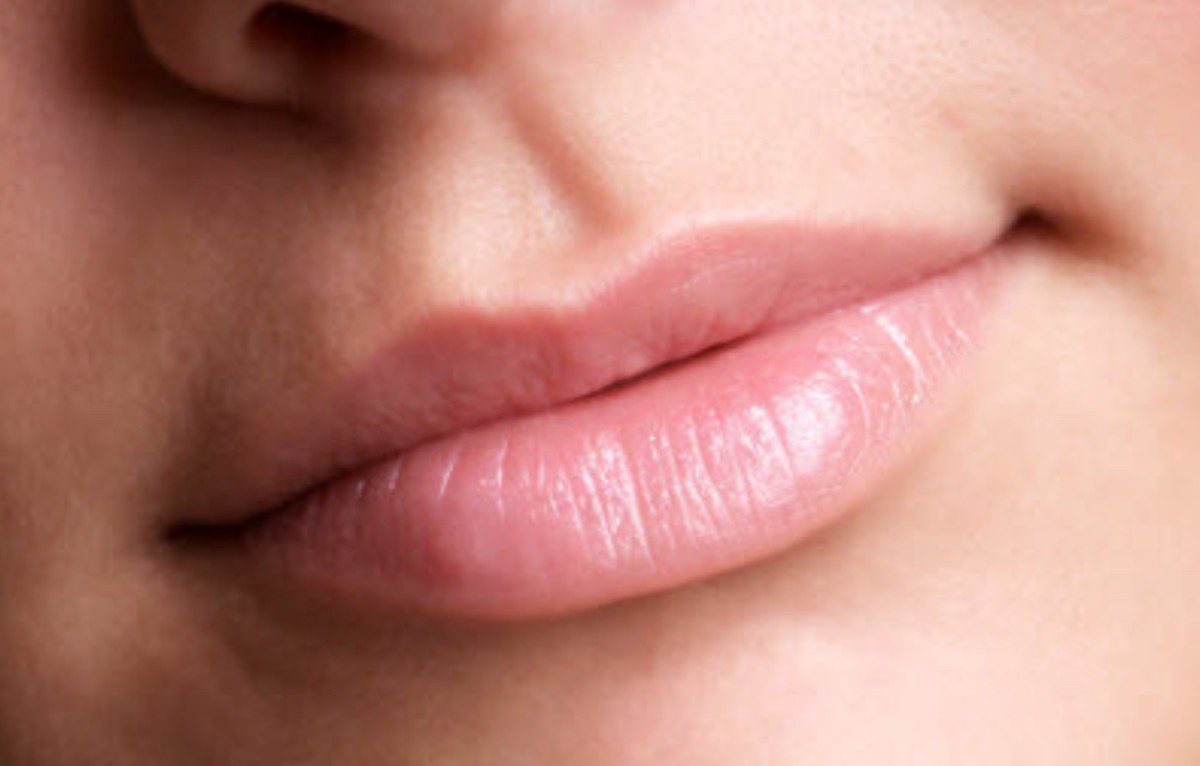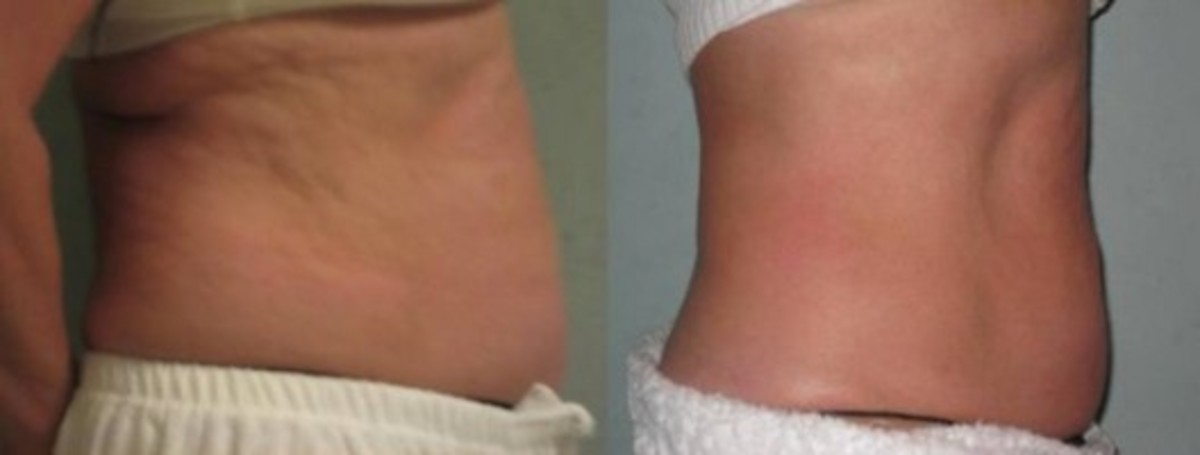How to Care for Your Skin During Pregnancy

When you're pregnant, your skin needs some extra love and care. While your baby is growing in your tummy, all of the nutrients you consume will go to meet your baby's needs first. Once your baby has received all the necessary nutrition, then you will receive what you need from what's leftover. This is why it is extra important to be mindful of your diet and nutrition while you are pregnant. A healthy diet will be an important part of taking care of your skin.
It's also important to choose your skin care products wisely during pregnancy because a surprising amount of these products, even though applied topically, are absorbed into your bloodstream. This means that almost everything that you come into contact with your growing baby will too.
In this article, you'll learn about the vital nutrients for maintaining healthy skin during pregnancy, which skin care products are safe during pregnancy, which skin care products are not safe during pregnancy and how to prevent stretch marks and improve your skin's elasticity.


Your Skin Care Diet during Pregnancy
Your diet plays an important role in taking care of your skin during pregnancy. As mentioned earlier, your body will send nutrients to your baby first, which may leave you depleted of essential nutrients. Make sure you are eating lots of foods that are high in:
- Antioxidants which are plentiful in foods such as blueberries and pomegranate.
- Healthy fats: Healthy fats will help to keep your skin supple and nourished, from the inside out. Healthy fats are found in foods such as coconut milk, avocado and olive oil. Make a smoothie and mix in a couple spoonfuls of coconut milk and a quarter of an avocado. Or eat a salad with an olive oil and vinegar dressing.
- Beta-carotene: With a high density of this nutrient found in sweet potatoes, beta-carotene is converted to vitamin A when digested and helps your skin cells renew themselves.
- Omega 3: Omega-3 is a fatty acid that will help hydrate, clear and strengthen you skin. It's most commonly found in fish. It's safe for pregnant women to eat 12-ounces of salmon a week. Make sure that you choose seafood that is low in mercury. Double check with your health care provider if you are unsure. Flax seed is also an excellent source of omega-3 fatty acids.
Taking a prenatal vitamin will supplement many of the necessary vitamins and minerals you should be getting when pregnant. Especially when it comes to skin care during pregnancy, you want to make sure that you are getting enough:
- Vitamin A: The natural kind, found in foods such as sweet potatoes, carrots and spinach.
- Vitamin C: Find it packed in foods such as tomatoes, oranges and strawberries.
- Vitamin E: Avocado is an excellent source of vitamin E. Vitamin E is also found in almonds and peanut butter.
- Water: Plenty of water is vital to keep you skin replenished, hydrated and healthy.
In general, making sure that your meals have lots of colors will ensure that your body receives a variety of essential nutrients.
I know you've heard it before, but you also want to make sure that you are getting plenty of rest during your pregnancy. Sleep is the most restorative time for your body. Not only that, but being well rested will reduce stress and help to ensure you're prepared with plenty of energy for when the time comes for the hard work of delivery. Beauty sleep really exists, use it.
Top Rated Moisturizers for Pregnancy
Start a skin care routine as soon as you find out you are pregnant. This will help your skin to improve its elasticity in order to accommodate for your growing belly. You'll not only want to moisturize your belly, but make sure you taking care of all of your skin, including your legs, hips, belly, breasts and arms.
I found almond oil to be a wonderful, natural, healthy option to use as a moisturizer during pregnancy. Of course, there are tons of options of moisturizers to choose from, so you'll be able to find a body moisturizer that is just right for you. You'll see to the right that I've dug up the highest rated pregnancy creams on Amazon.
Skin Care Products to Avoid during Pregnancy
Though most products are safe to use during pregnancy, there are some ingredients that are thought to potentially harm an unborn baby. These ingredients that are recommended for expectant mothers to avoid are:
- Retinoids: Though there is no data to show that retinoids used topically harm unborn babies, some doctors prefer to be cautious and recommend avoiding this ingredient. Oral retinoids, such as oral acne treatments, have been shown to cause birth defects. Again, there hasn't been any studies showing that used topically retinoids cause problems, but I would err on the safe side and avoid them. You can identify retinoids on your product label as differin, retin-A, retinonic acid, retinol, retinyl linoleate, retinyl palmitate, tazorac or tazarotene.
- Salicylic Acid: Though safe in small doses when applied topically, be cautious of face and body peels where higher doses of this ingredient may be absorbed into the bloodstream. Oral doses of salicylic acid have been shown to cause birth defects and pregnancy complications. If you want a face or body peel done, go to a professional that knows how to do it safely during pregnancy. Face washes that contain 2% or less of salicylic acid are safe to use during pregnancy. Salicylic acid may be identified on your product label as beta hydroxy acid or BHA.
- Benzoyl peroxide: The same said of salicylic acid is true for benzoyl peroxide. Small doses (around 2%) applied topically is considered safe. Any higher doses and you'll probably want to avoid this one.
- Acne Products: Pregnancy induced acne is common, especially in the first trimester when your hormones are changing quickly. Many of the stronger, anti-ance treatments should be avoided during pregnancy. In general, you should avoid leave-on acne treatments that contain retinoids or salicylic acid. If you are unsure, check with your doctor, midwife or dermatologist. Personally, I prefer to go the natural route and to make all-natural skin clearing face masks at home that are safe for both momma and baby.
Skin Care Products that Are Safe to Use during Pregnancy
Now that we've covered the ingredients that you'll want to avoid during pregnancy, you might be wondering, what exactly is safe to use during pregnancy? Though non-exhaustive, here is a list of products that are given the green light for use during pregnancy:
- Hair Removal Creams: Just watch out for skin reactions because your skin may be more sensitive than usual when you are pregnant.
- Sunscreen
- Makeup: As long as it doesn't contain retinoids or salicylic acid, makeup is safe to use during pregnancy.
- Glycolic acid, alpha hydroxy acid (AHA), and lactic acid are all safe to use during pregnancy.
- Topical Prescription Drugs: If the natural, more mild treatments aren't working to help clear up your skin during pregnancy, then you may use a topical prescription drug such as erythromycin cream or azelaic acid, which are safe to use during pregnancy.
- Topical Vitamin C: You can use a topical vitamin C to help lighten skin pigments if you find you get dark, pigmented patches of skin during pregnancy. A chemical peel after pregnancy will help clear up the "pregnancy mask" as well.
- Natural, Homemade Treatments: Ingredients that are safe to eat are safe to use topically when pregnant. You might be surprised how well some of these natural, homemade treatments work. For example, honey is naturally soothing and contains anti-bacterial properties which may help clear up pregnancy induced acne. There are a variety of homemade skin treatments you can try to help nourish, strengthen and clear your skin.
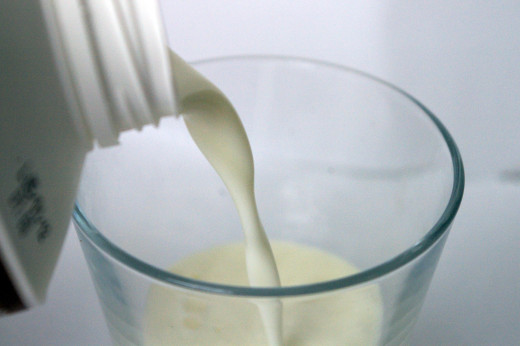
How to Relieve Pregnancy Itches
A combination of rapidly growing skin and constantly changing hormones is the perfect mix for pregnancy itches. Pregnancy itching is common, especially during the last trimester which is the time your skin will be stretching and growing the fastest.
Take the itches as a sign to use more cream or oil. Massage your skin with your cream or oil whenever you get a bout of the itches. You can also use a washcloth to massage your cream or oil into your skin, providing you with some extra itch relief. Body brushing will help slough off dead skin cells, helping to reduce the itches. Not to mention it feels like you've just had a good scratch after body brushing.
You can also try dipping a washcloth in some warm milk and applying it to the itchy areas. Oatmeal has anti-inflammatory and soothing properties, so you can try putting a couple cups of oatmeal into a warm bath and soak.
Some women experience the itches so bad that it becomes unbearable. If this happens to you, you may want to ask your doctor about possibly using a prescription-strength steroid cream. Your doctor should be aware of your itches in any case because in some instances it can be a sign of a more serious condition.
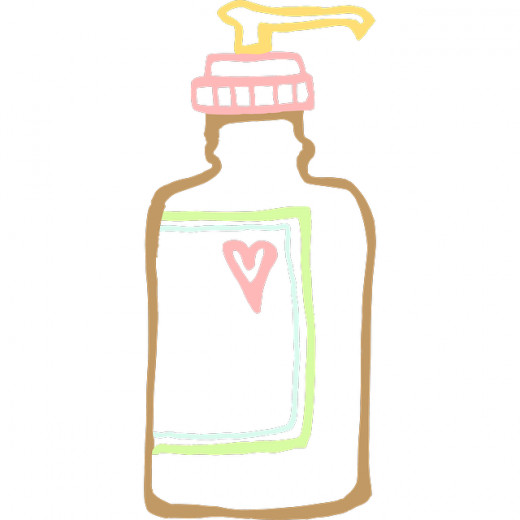
How to Prevent Stretch Marks during Pregnancy
In order to prevent stretch marks from pregnancy, it is important to consistently exfoliate and moisturize your skin. You can exfoliate by using a stiff-bristled body brush. I recommend moisturizing at least twice a day. I believe that it is possible to prevent or at least reduce the appearance of stretch marks caused by pregnancy because I have very sensitive skin and did not get any stretch marks on my tummy when I was pregnant but I did get them on my hips and breasts. The key to preventing stretch marks is to start your routine early so your skin has time to strengthen and improve its elasticity before the rapid stretching of the third trimester is demanded from your skin.
The most important keys to remember in order to take care of skin during pregnancy is to make sure that you are eating enough nutrient-dense foods, taking your prenatal vitamins, and staying consistent with your skin care routine of exfoliating and moisturizing. You skin will thank you.




